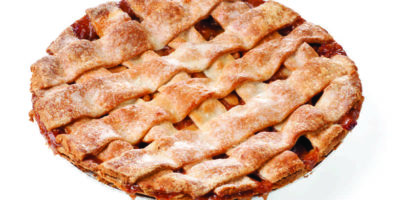Challah
It was friday morning in the year 2000 when I walked in on Mama crying. She didn’t see me come in, so I huddled behind a chair and listened in on her conversation to God. She prayed that my older sister and I would grow up to be nice modest girls and only give forth good to the world, since it offered only good to us. She poured out her tefillos to the One Above about how much she wanted me to do well in school. I was slower than my sister and didn’t quite understand the lessons as well as my classmates. I was six at the time.
Mama prayed, in a Russian-English mixture, for a better income, better neighbors, and God’s constant protection. This wasn’t for her, though; it was for her children. When women turn into mothers they evolve into something more nurturing. How? How can people look at mothers and children and say being a mother is a ‘mistake’? How? All a mother does is offer love and understanding, a shoulder to cry on, not for herself, for her children. And so I started crying, too.
I cried until Mama heard me, came over, and forced a smile on her face that soon put one on mine as well. She reminded me it was Friday and there was much to be done. I knew my job was to peel the vegetables, but Mama said no. It was still early summertime and Shabbos was starting later.
“We have time,” she said.
“For what?” I inquired.
“For challah.”
So Mama took the flour and I grabbed the eggs and we dedicated that Friday to challah-making. The truth is, my grades did go up, and our income improved, and in all honesty that challah was amazing.
Leora Ifrailova, 18, lives in Bensonhurst, Brooklyn. A freelance writer, she has published in The Jewish Voice as well as other sites and publications. She can be reached at leoraifrailova@yahoo.com.


